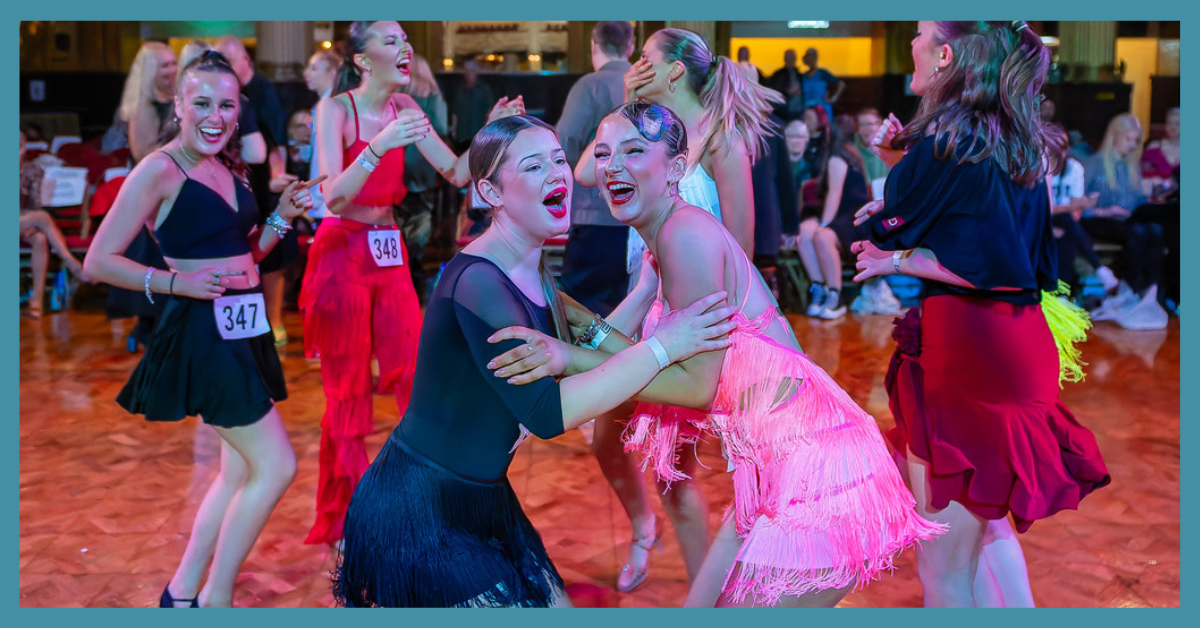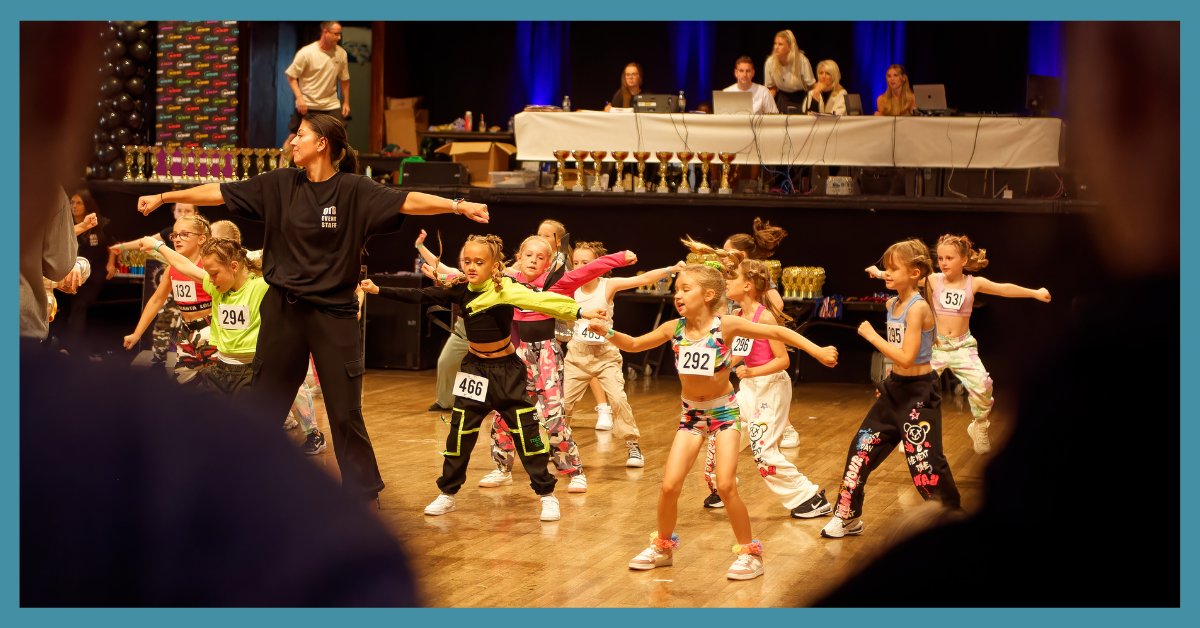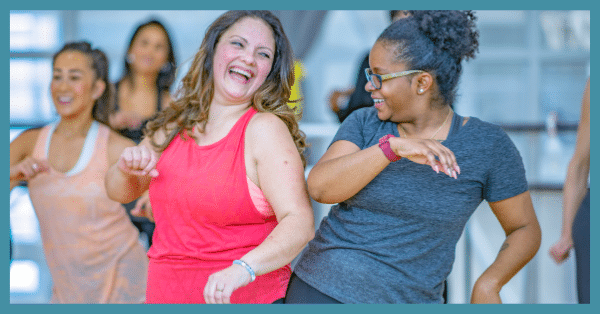Survive & Thrive: How to Nail Street Dance Competitions as a Teacher

Ah, competitions. That wonderful mix of adrenaline, triumph, and sheer chaos. After a long week of teaching, why do we willingly spend our Sundays sitting in a sports hall on an uncomfortable chair, surviving on snacks, and riding the emotional rollercoaster of competitive dance? And let’s not forget the delightful side-eye from a parent whose child definitely should have won.
Sounds familiar?
It IS worth it—I promise.
If you’re new to the competition scene and feeling like a duck out of water, or even if you’ve been doing this for years but are always up for fresh insights, this guide is for you. Let’s break down how to prepare students for street dance competitions in a way that ensures they feel confident and ready to shine (and that you, dear teacher, make it through the day with your sanity intact).
Why Compete? (Seriously, Why Do We Do This to Ourselves?)
Street dance competitions aren’t just about trophies and titles. They offer so much more for your students:
- Improves technical skills – Preparing for a competition forces dancers to refine their precision, control, and creativity.
- Builds confidence – Performing in front of judges and a crowd pushes dancers outside their comfort zones.
- Encourages teamwork – Group routines teach discipline, trust, and collaboration.
- Creates a clear goal – Competitions give students a deadline to level up. Without an event on the horizon, progress can be slow, but knowing they have to perform in front of judges? That’s motivation!
- Accelerates learning – Watching other dancers in action is an eye-opening experience. After one comp, you’ll see students suddenly “get it” in a way that months of training couldn’t quite achieve.
So yes, competitions mean stress, nerves, and early mornings—but they also mean growth, excitement, and those unforgettable moments of watching a dancer finally believe in themselves.
Step 1: Pick the Right Competition
Not all competitions are the same. Some focus on freestyle, others on team routines, and some have more of a showcase vibe. Do your research so you’re not turning up at a battle event when you thought it was choreography-based. If you’re unsure, check out my article:
👉 What Judges Look for in Street Dance Competitions – A Teacher’s Guide
Step 2: Train Like You Mean It
You wouldn’t send your dancers into an exam without revision, so don’t throw them onto the floor without proper prep!
Set a Training Schedule
- Teams: Start training at least 8-12 weeks in advance.
- Freestylers: Encourage regular practice with different BPMs and music genres.
- Mock competitions: Simulate the real thing in the studio! Give students numbers, act as judges, and even invite parents to watch.
Focus on These Key Areas
- Timing – Adrenaline will make them want to go 10x faster. Drill the counts!
- Performance – Dancers need to connect with the music, the moment, and the audience. Expressing confidence and energy can make all the difference. Encourage them to keep their eyes up!
- Musicality & Foundations – At higher levels, it’s all about execution and style.
Step 3: Prep Parents (Because This Bit Matters More Than You Think)
Parents need to know what they’re signing up for. Be very clear about the expectations to avoid any awkward moments on comp day. Here’s what to cover:
✅ Costs – Most events charge for both dancers and spectators. Avoid those last-minute “Wait, I have to pay?” surprises.
✅ Results Reality Check – Explain that winning isn’t guaranteed. Many dancers pay for travel, entry, outfits, and might only dance once. It’s about growth, not just trophies!
✅ Who’s Responsible? – Make sure it’s clear who is supervising the dancer throughout the day.
✅ Parent & Student Conduct – Remind them they represent you and your school. A bit of sportsmanship goes a long way.
Step 4: Pack Like a Pro
Help your students arrive prepared by giving them a checklist. Here are a few essentials:
- Drinks & Snacks (Comp days are long!)
- Suggested outfit packed and ready
- Safety pins
- Hair & makeup bits if needed
Step 5: Celebrate the Day
Whether you come home with medals or just a great experience, competitions should always feel like a win.
- Capture the moment – Social media is your best friend! Show off the hard work, from first-time competitors to top scorers.
- Create your own awards – If the event doesn’t hand out participation medals, why not grab some online or do your own fun certificates?
- Encourage reflection – Get students talking about what they learned.
And just wait—by the time you get back to class, you’ll hear that magic phrase:
“When’s the next one?”
Final Thoughts
Get your dancers into competitions. Get new students involved. Celebrate every dancer, not just the ones who place.
If you’re organised, comps aren’t just great for student progress—they also build stronger bonds within your school, increase commitment, and keep students training hard.
The UK Street Dance community is full of incredible, supportive teachers. If you ever need help, chat with others, invite a judge for a workshop, or just soak up the atmosphere at events. You’ll never stop learning.
So, are competitions exhausting? Yes.
Will you question your life choices while hauling costumes at 7 AM? Also yes.
But will it all be worth it when you see your dancers thriving?
Absolutely.






Responses